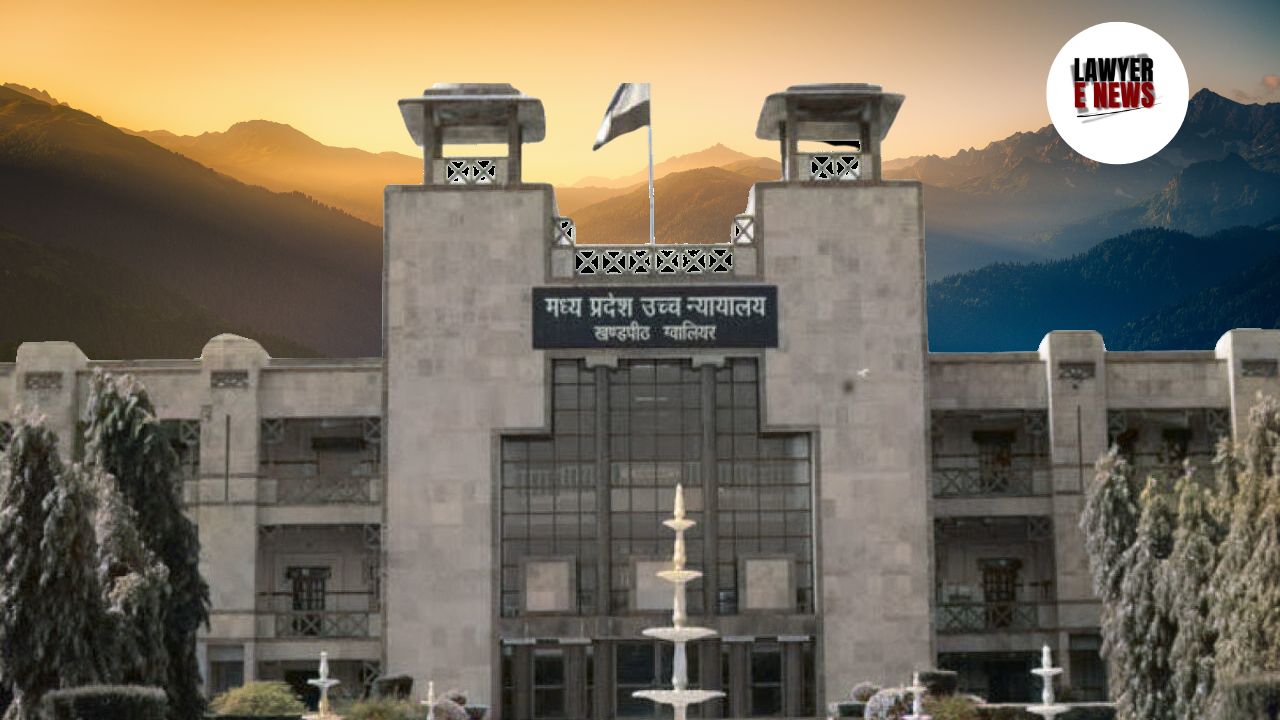-
by Admin
15 February 2026 5:35 AM



In a recent judgment Madhya Pradesh High Court quashed the conviction of Abrar, who had been sentenced to life imprisonment under Sections 302 and 449 of the Indian Penal Code (IPC). The Court found the evidence presented by the prosecution, particularly the dying declarations, riddled with inconsistencies and unreliable. The bench comprising Justice Vivek Rusia and Justice Binod Kumar Dwivedi acquitted Abrar, stating that the prosecution had failed to prove the case beyond reasonable doubt.
The case revolved around the death of Arbina, who suffered severe burn injuries and succumbed on December 9, 2013. Abrar, her neighbor, was accused of pouring kerosene on her and setting her ablaze. The trial court convicted him based on two purported dying declarations and circumstantial evidence. Abrar appealed, asserting his innocence and presenting an alibi supported by mobile tower records and witness testimonies.
The High Court scrutinized the two dying declarations recorded as Exhibit P/10 by a medical officer and Exhibit P/12 by the police. The Court highlighted critical flaws:
The medical officer who recorded the first declaration failed to certify the deceased's mental fitness at the time of making the statement.
Witnesses, including the deceased's family, testified that Arbina was unconscious and incapable of making a statement.
“The absence of certification of mental fitness coupled with testimonies indicating the deceased’s unconscious state renders the dying declaration unreliable,” the Court observed.
The Court also noted discrepancies in the two declarations regarding the location and timing of the incident. While one declaration stated the incident occurred in the kitchen, the other mentioned the backdoor of the house. The time of occurrence also varied.
“Such contradictions cast serious doubt on the veracity of the dying declarations, making them unfit to form the sole basis of conviction,” the judgment stated.
Mobile Tower Records: Call details demonstrated his presence in Guna, approximately 200 km away from the crime scene, at the time of the incident.
Witness Testimonies: A head constable and local witnesses corroborated Abrar’s presence in Guna, with one public servant confirming that Abrar had voluntarily reported to the local police after hearing about the accusations.
The Court emphasized:
“The plea of alibi has been convincingly established through credible evidence, which the trial court erroneously discarded without valid reasoning.”
The Court criticized the trial court’s dismissal of defence witnesses, noting:
“Defence evidence is entitled to equal respect and treatment as prosecution evidence. There is no justification for discarding credible testimonies of defence witnesses, especially public servants.”
The Court observed that the investigation failed to rule out the possibility of suicide. The investigating officer did not take adequate steps to determine whether the burns were self-inflicted, raising further doubts about the prosecution's case.
The High Court concluded:
“The inconsistencies in the dying declarations, coupled with the prosecution’s failure to prove its case beyond reasonable doubt and the appellant’s well-established alibi, make this a clear case for acquittal. The appellant is entitled to the benefit of the doubt.”
The Court set aside the conviction and directed Abrar’s immediate release unless required in any other case.
This judgment underscores the judiciary’s duty to scrutinize evidence rigorously, especially in cases involving life imprisonment. It reinforces the principle that dying declarations, while admissible, must inspire confidence and be free from contradictions to sustain convictions. The decision also highlights the importance of giving equal weight to defence evidence to ensure justice.
Date of Decision: January 7, 2025
